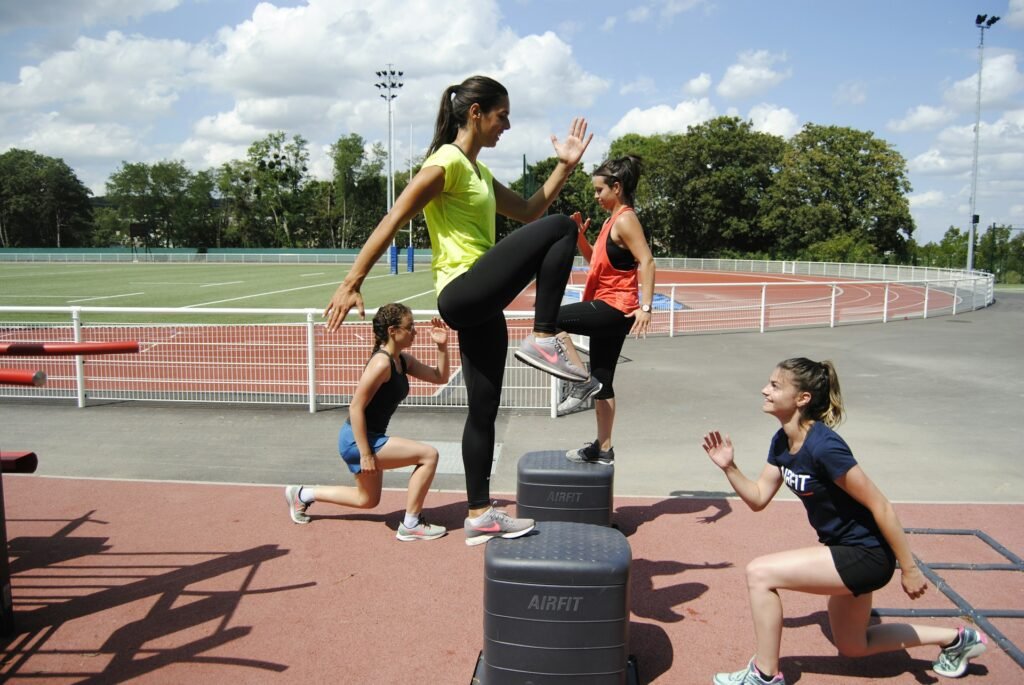Athletic trainer play a crucial role in the world of sports, ensuring the well-being and performance of athletes. These professionals are highly skilled in injury prevention, immediate care, rehabilitation, and health care administration within athletic settings.
What is an Athletic Trainer?
Athletic trainers are healthcare professionals specializing in the prevention, diagnosis, and treatment of injuries and illnesses related to physical activity. They work closely with athletes to help them recover from injuries and prevent future ones.
Importance of Athletic Trainers in Sports
The presence of athletic trainers is vital in sports settings as they provide immediate care in case of injuries, develop injury prevention programs, and facilitate the rehabilitation process. Their expertise ensures the safety and well-being of athletes.
Scope of Practice
Athletic trainers work across various settings, including sports teams, educational institutions, clinical settings, and industrial environments. They collaborate with other healthcare professionals to deliver comprehensive care to athletes.
Education and Certification
Becoming an athletic trainer requires a combination of academic preparation and certification.
Academic Requirements
Most athletic trainers hold a bachelor’s degree in athletic training or a related field. Coursework typically includes anatomy, physiology, biomechanics, and exercise physiology.
Certification Process
After completing their education, aspiring athletic trainers must pass the Board of Certification (BOC) exam to become certified. Certification demonstrates proficiency in the field and is required for practice in most states.
Continuing Education
To maintain certification, athletic trainers must participate in continuing education programs to stay updated on the latest advancements and best practices in the field.
Duties and Responsibilities
Athletic trainers perform a wide range of duties to ensure the health and safety of athletes.
Injury Prevention
They develop and implement injury prevention programs tailored to the specific needs of athletes and sports teams.
Immediate Care
In the event of an injury, athletic trainers provide immediate care, including first aid, injury assessment, and emergency management.
Rehabilitation
They design and oversee rehabilitation programs to help athletes recover from injuries and regain optimal function.
Health Care Administration
Athletic trainers also manage medical records, coordinate healthcare services, and ensure compliance with relevant regulations and policies.
Professional Development
They continuously strive to enhance their skills and knowledge through ongoing education and professional development activities.
Work Settings
Athletic trainers can be found working in various settings, each with its unique challenges and opportunities.
Sports Teams
Many athletic trainers are employed by professional sports teams, where they work directly with athletes to optimize performance and prevent injuries.
Educational Institutions
They also work in schools and colleges, providing healthcare services to student-athletes and supporting athletic programs.
Clinical Settings
Some athletic trainers work in clinical settings, such as hospitals or rehabilitation centers, providing care to patients with sports-related injuries.
Industrial and Occupational Settings
In addition to sports, athletic trainers may work in industrial or occupational settings, where they focus on injury prevention and workplace safety.
Skills Required
Athletic trainers must possess a diverse set of skills to effectively perform their duties.
Knowledge of Anatomy and Physiology
A deep understanding of the human body is essential for assessing injuries and developing effective treatment plans.
Communication Skills
Athletic trainers must communicate effectively with athletes, coaches, healthcare professionals, and other stakeholders to ensure coordinated care.
Problem-Solving Abilities
They must be able to think quickly and adapt to changing situations, especially in high-pressure environments such as sporting events.
Empathy and Compassion
Empathy and compassion are essential traits for athletic trainers, who often work closely with athletes during times of pain and vulnerability.
Challenges Faced by Athletic Trainers
Despite the rewarding nature of their work, athletic trainers face several challenges in their profession.
High Stress Environments
The fast-paced and unpredictable nature of sports can create high-stress environments for athletic trainers, requiring them to remain calm under pressure.
Long Hours
Athletic trainers often work long hours, including evenings, weekends, and holidays, to provide coverage during practices, games, and events.
Emotional Toll
Dealing with injured athletes and witnessing their pain and frustration can take an emotional toll on athletic trainers, requiring them to practice self-care and seek support when needed.
Work-Life Balance
Balancing the demands of work with personal life can be challenging for athletic trainers, who may need to prioritize their own well-being to avoid burnout.
Future Outlook
Despite the challenges, the future looks promising for the field of athletic training, with several opportunities for growth and advancement.
Growth Opportunities
The demand for athletic trainers is expected to grow in the coming years, driven by increasing participation in sports and greater awareness of the importance of injury prevention and management.
Technological Advancements
Advancements in technology, such as wearable devices and telehealth platforms, are revolutionizing the way athletic trainers deliver care, making it more efficient and accessible.
Advocacy for the Profession
Efforts to advocate for the profession, such as promoting licensure and expanding scope of practice, are helping to raise awareness of the valuable role athletic trainers play in healthcare.
Conclusion
Athletic trainer are indispensable members of the sports medicine team, providing essential healthcare services to athletes of all levels. Their dedication, expertise, and compassion contribute to the overall well-being and success of athletes and athletic programs.

